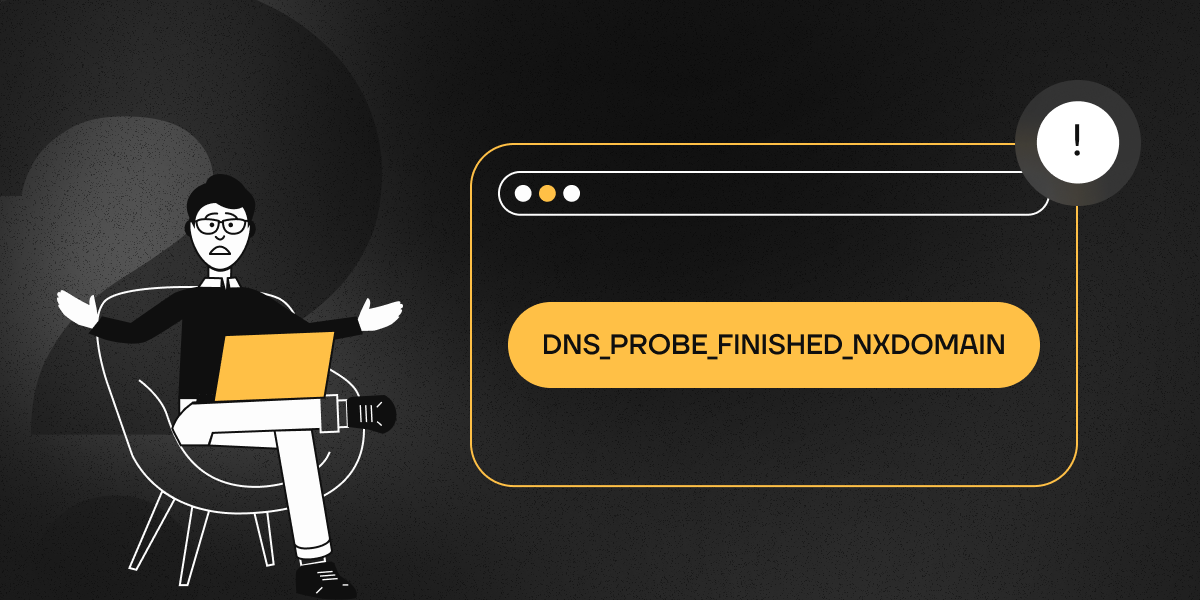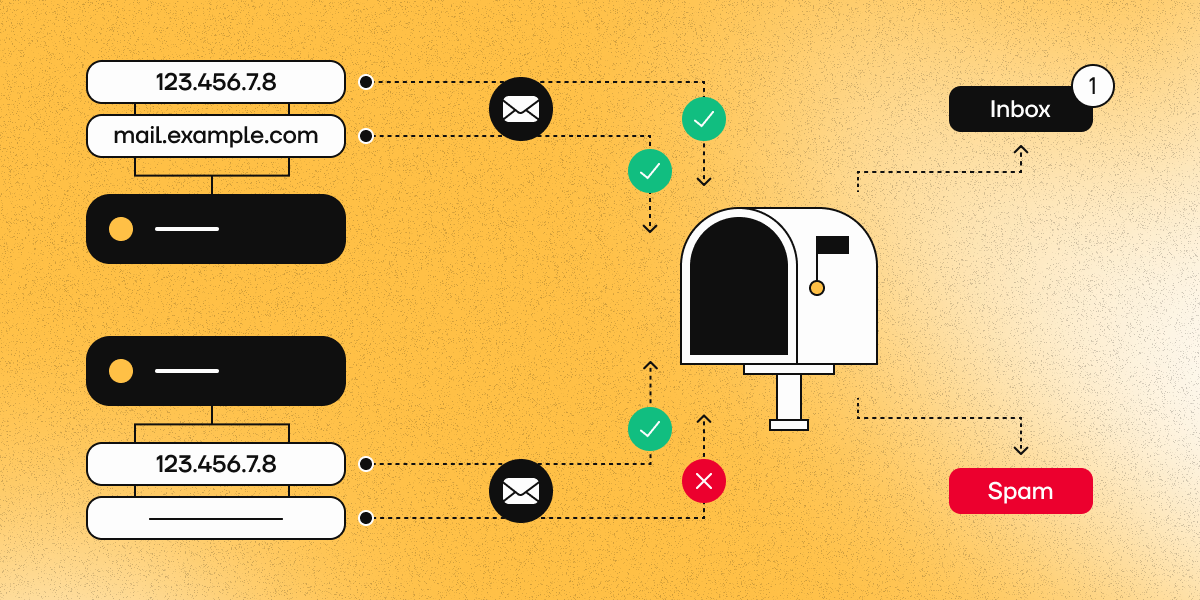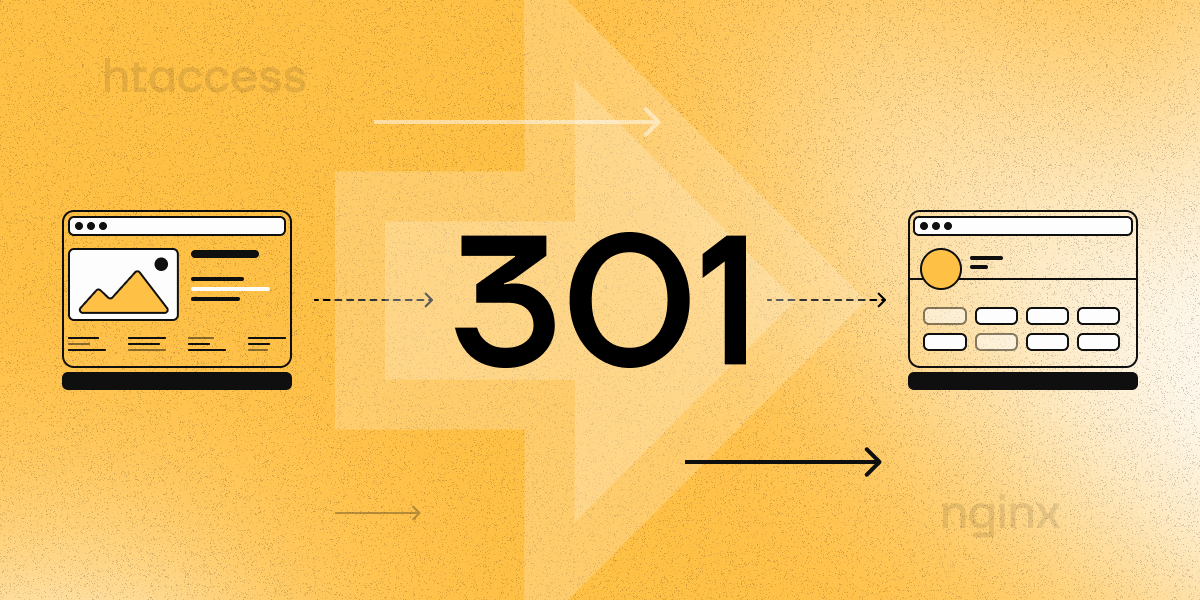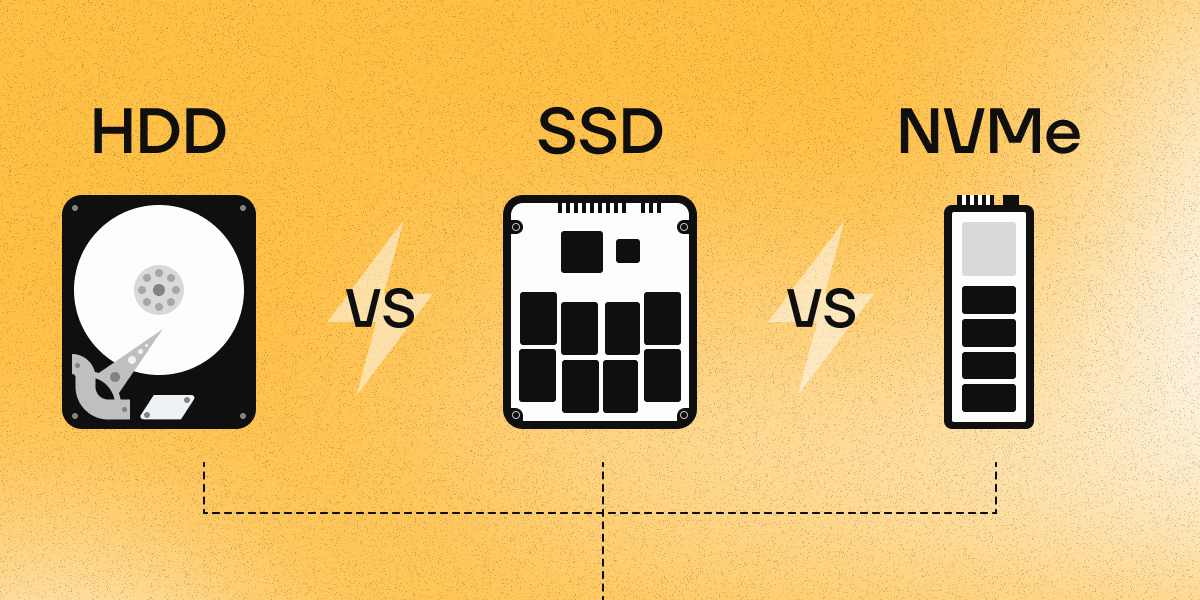FASTPANEL or CyberPanel - Which control panel should you use to manage your server?

Looking for the best hosting control panel? Both FASTPANEL and CyberPanel are popular among system administrators, but FASTPANEL leads in key areas such as usability, performance, compatibility and security.
FASTPANEL - a control panel designed for simplicity, stability, and flexibility
FASTPANEL is a modern web panel for server and website management. It is lightweight, architecturally stable and comes with powerful built-in tools. The focus is on maximizing ease of administration while minimizing server load.
Unlike CyberPanel, which is tied to OpenLiteSpeed and has a number of limitations, FASTPANEL delivers a stable, compatible environment for most popular CMSs and PHP applications and, in reverse-proxy mode, reliably handles any non-PHP backend.
✅ 1. Versatility & compatibility
- Broad OS support: Debian 9–12, Ubuntu 18.04–24.04, CentOS 7, AlmaLinux 8, RockyLinux 8
- Fast installation: 3–7 minutes, no reboot required, launched with a single command
- Works on nearly any VPS or dedicated server with no tweaks or hacks
⚡ 2. Minimal server load
- Uses only ≈ 100 MB of disk space and ≈ 170 MB of RAM after installation.
- FASTPANEL - Ideal for resource-constrained or budget VPSs.
- By comparison: CyberPanel consumes almost 5× more disk space and 1.5× more RAM
🔧 3. Classic, flexible web-server stack
Nginx (frontend) + Apache (backend) with PHP-FPM provides:
- High-speed static file delivery
- Stable PHP performance
- Easy .htaccess / mod_rewrite configuration
- Supports PHP 5.3 to 8.4, with the ability to assign different PHP versions to different sites.
🛠️ 4. Rich feature set out of the box
-
Advanced file manager - fast, modern UI
-
Built-in web terminal for accessing the CLI directly from the panel
-
Database management via built-in phpMyAdmin/phpPgAdmin
-
Mail server with full webmail (Exim + Dovecot + RoundCube)
-
Backups:
◦ Free differential backups
◦ Cloud storage: Dropbox, Google Drive, FTP, SCP
◦ Integration with FASTBACKUP
🔒 5. Security hardened by default
- Web firewall
- Malware scanner
- 2FA (Two-Factor Authentication)
- Site isolation at the system level - each site runs under a separate user account.
- Ability to grant developer/webmaster access for one site without risking the rest.
🌍 6. Clean, intuitive interface
- Modern UI with logical structure
- Suitable for both beginners and experienced administrators
- 18 languages available (English, German, Spanish, Portuguese, etc.)
📊 7. Monitoring & integrations
- Supports integration with AWStats and Prometheus (Prometheus requires Extended license)
- Visual graphs for load, resource usage, and logs
🤝 8. Reliable support & up-to-date docs
- 24/7 support for panel-related issues (free of charge).
- Support for general server administration questions (paid).
- Average response time - less than 5 minutes.
- Detailed documentation with intuitive navigation, unlike the bulky manuals of CyberPanel.
💰 9. Transparent, flexible pricing
-
Free license with full core functionality
-
Extended license:
◦ € 4.20 / month
◦ € 46.20 / year
◦ € 99 lifetime
-
No extra fees for essentials such as the file manager or WP Manager (unlike CyberPanel)
On kodu.cloud, the FASTPANEL Extended License is included for free — no hidden fees, full functionality from day one. 🔥 🔥 🔥
✅ Why choose FASTPANEL
- Simplicity & stability
- Feature-rich without hidden costs
- Low system requirements
- Fast, responsive support & strong security
- Excellent real-world performance
Key differences between FASTPANEL and CyberPanel
| Parameter | FASTPANEL | CyberPanel |
|---|---|---|
| Supported OS | Debian 9–12, Ubuntu 18.04–24.04, CentOS 7, AlmaLinux 8, RockyLinux 8 | Ubuntu 18.04/20.04/22.04, AlmaLinux 8/9, CloudLinux |
| System Requirements | RAM: 1G Free space: 5Gb CPU: 1 core, 1 Ghz | 1024MB RAM, or higher, 10GB Disk Space |
| Resource consumption after installation (with OS) | 1.8 GB disk usage ~300 MB of RAM usage | 8.8 GB of disk usage ~500 MB of RAM usage |
| Installation | 3-7 min, does not require server reboot | > 15 min, requires server restart |
| Web Server | Nginx (frontend) + Apache (backend with modApache/FastCGI/CGI/PHP-FPM) | OpenLiteSpeed / LiteSpeed Enterprise |
| PHP | 5.3-8.4 Support for PHP version change on a site-by-site basis | 8.0, 8.1, 8.2, 8.3 |
| Programming language | Go | Python (Django) |
| Mail server | Exim + Dovecot, web-client RoundCube | Postfix + Dovecot, web-client snappymail |
| Databases | MySQL, MariaDB, Percona PostgreSQL + PHPMyAdmin | MySQL, MariaDB, PostgreSQL MySQL Manager (paid) |
| File manager | Advanced functionality, user-friendly interface root file manager (planned) | Only basic functionality. Optional root file manager (paid) Local, Google Drive. Incremental backups for a fee |
| Backup | Local, FTP, cloud (Dropbox, GoogleDrive, FASTBACKUP), free differential backups | Local, Google Drive. Incremental backups for a fee |
| SSL (Let's Encrypt) | Let's Encrypt (Wildcard, Multi-wildcard), auto-renewal, auto-extension of certificate type | Let's Encrypt (basic functionality) Wildcard for a fee. |
| Security | Web firewall, 2FA, Malware Scanner, Fail2ban, each site is isolated and operates on behalf of a separate user, providing access to only one site | Basic firewall, integration with Imunify/CloudLinux |
| Interface (UI) | Modern, easy to learn for users of all skill levels | Confusing, outdated, and LiteSpeed server-oriented |
| Updates | Automatic (by Cron); major updates that expand functionality are released regularly | Manually via CLI |
| Multilanguage | Supports 18 languages, the list is constantly growing | Supports 17 languages |
| Support | Round-the-clock support service for panel issues (free of charge) and for any issues with your server (paid) | Community support, or paid support |
| Support Response Time | < 5 min | 15 min to 3 hours depending on the tariff |
| Statistics and Monitoring | AWstats, Prometheus integration (Extended license) | Basic tools for displaying the current load |
| Miscellaneous | Bind9, ProFTPd | PowerDNS, Pure-FTPd |
| Documentation | Up-to-date, with easy navigation | Confusing, navigation is complicated |
| Paid Features | Prometheus integration Branding 1 extended support ticket per month (most web hosting-related questions) or extended support packs | RSPAMD manager WordPress Manager Root File manager Base/extended support |
| Prices | Free license with full basic functionality Extended license: Per month: €4.20 Per year: €46.20 Lifetime: €99 | Free without addons All addons per month: $7.99 All addons per year: $59 All addons lifetime: $169 |
Boost efficiency - No hidden costs, no unnecessary complexity
FASTPANEL is a professional server administration toolkit that combines ease of use, stability and performance. One installation provides everything you need - no hidden restrictions, no forced subscriptions.
For all kodu.cloud customers when renting any server (dedicated or VPS) the extended FASTPANEL license is provided free of charge with no restrictions.
👉 Choose your VPS or dedicated server and get started today. No subscriptions — just performance.








